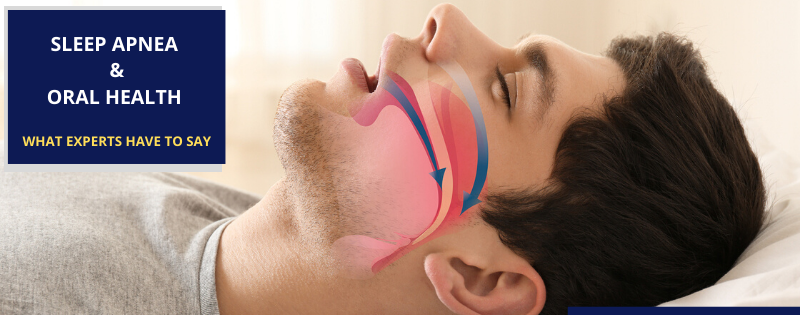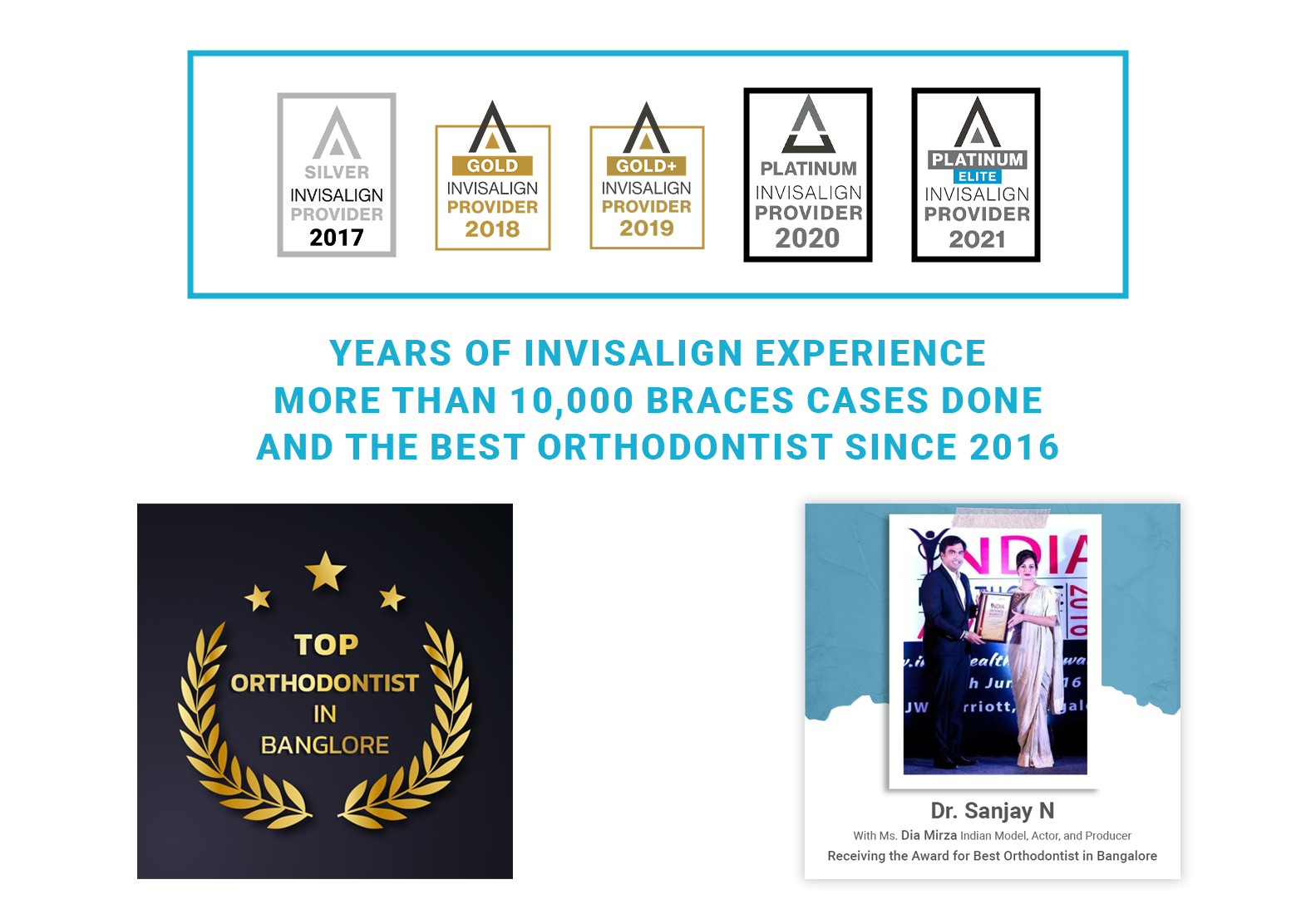
Did you know that improper sleep can affect your health? A night of good sleep helps you perform daily tasks efficiently. One of the most common sleeping problems is known as sleep apnea.
What Is Sleep Apnea?
A sleeping disorder that stops a person’s breathing for brief periods while they are asleep. Apneas occur due to weak airway muscles. In obstructive sleep apnea, the tongue drops onto the soft tissue on the roof of your mouth, causing it to press to the back of your throat. As a result, the air stops flowing into your lungs, making the person gasp for air.
What are the symptoms of Sleep Apnea?
Sleep apnea reduces your daytime energy and mental performance. Here are some common symptoms:
● Snoring aloud
● Dry/Sore throat in the morning
● Lack of energy to work
● Persistent sleepiness while performing everyday tasks
● Morning headaches
● Restless sleep
● Insomnia
● Mood Changes
● Forgetfulness
Additionally, women may experience anxiety, depression, or different types of sleep hindrances like frequent waking up. Symptoms in children may include asthma, hyperactivity, bed-wetting, and a decline in academic performance.
How is oral health-related to sleep apnea?
The first sign of sleep apnea is the grinding of the teeth. This condition is called bruxism. A study from the Journal of Oral facial Pain and Headache observed bruxism in 31 percent of adults, and a quarter of them are likely to have sleep apnea. The grinding can cause the teeth to wear out, making them susceptible to cavity-causing bacteria.
Some common types of bruxism are:
● Teeth grinding or clenching
● Loose or chipped teeth
● Worn tooth enamel revealing the layers of your tooth
● Tooth pain or sensitivity
● A locked jaw that won’t open or close completely
● Soreness or pain in the jaw, neck or face pain
● Dull headache
● Sleep disruption
Evidence also suggests a link between temporomandibular joint (TMJ) disorders and sleep apnea. The report published by the Journal of Dental Research found that people who have sleep apnea three times may suffer from a TMJ disorder. Some symptoms of TMJ disorder include pain in the jaw, head, neck, and shoulders, chewing problems, and grinding sounds and a locked jaw.
What are the dental symptoms to look out for when having sleep apnea?
● clenching and grinding teeth during sleep,
● tightness and pain in the jaw joints
● soreness inside of one or both cheeks
● mild headaches starting from the temples
According to another study published by the Clinical of Oral Investigation, stated that sleep deprivation is related to gum disease. Researchers found a connection between sleep disorders and gum inflammation. Subjects with inflammation had higher risks of developing heart disease. The chances of tooth decay and gum disease increases when sleep apnea is accompanied by waking up with a dry mouth.
How can you treat sleep apnea?
If you notice that you are grinding your teeth — or have other signs or symptoms of bruxism — be sure to mention it at your next dental appointment. Our dental clinic in Bangalore provides you with solutions for misaligned teeth, dry mouth, and gives you a dental mouthpiece to manage the grinding of teeth. Contact us today for a personalized treatment plan so that you can begin to stabilize and heal.

Dr. Sanjay N is one among the few best Orthodontists in Bangalore who specialises in Invisalign (invisible braces), Damon Braces, and Ceramic braces, and Lingual Braces. He is a keen academician and servers as an Associate Professor at Rajiv Gandhi Dental College & Hospital, Hebbal has been training Post Graduate dental Aspirants in orthodontics since past decade and has has 4 International and 10 National Publications to his credit. Dr. Sanjay has been awarded as the “Best Orthodontist in Bangalore” at the Healthcare Awards in 2016.

